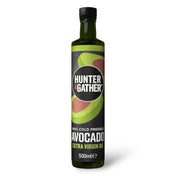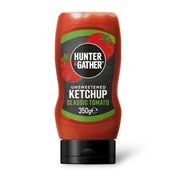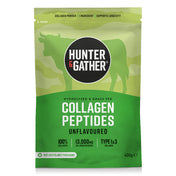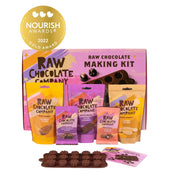In a world where health consciousness is on the rise, the quest for sugar-free alternatives has gained significant momentum. Sugar, known for its sweet taste and empty calories, has been linked to various health issues, prompting individuals to seek healthier alternatives. Artificial sweeteners have emerged as popular sugar substitutes, but questions linger about their safety and long-term effects. This article explores the facts about sugar and sugar substitutes, summarizing insights from reputable sources like Johns Hopkins Medicine, Harvard Health Blog, and the National Health Service (NHS).
What is Sugar?
Sugar, scientifically known as sucrose, is a type of carbohydrate found naturally in fruits, vegetables, and dairy products. It is also commonly added to processed foods and beverages. Sugar provides a quick source of energy but lacks essential nutrients. Excessive sugar consumption has been linked to obesity, type 2 diabetes, heart disease, and dental problems.
Understanding Sugar Substitutes
Sugar substitutes are substances used to sweeten foods and beverages without adding calories or with fewer calories than sugar. They are often used by individuals who want to reduce their sugar intake or manage conditions like diabetes. Sugar substitutes can be divided into two main categories: artificial sweeteners and natural sweeteners.
Artificial Sweeteners
Artificial sweeteners, also known as non-nutritive sweeteners, are synthetic compounds that provide intense sweetness without the calories of sugar. They are commonly used in diet sodas, sugar-free desserts, and other low-calorie products. Some popular artificial sweeteners include aspartame, sucralose, and saccharin.
According to Johns Hopkins Medicine, artificial sweeteners are generally considered safe for consumption. Extensive research has been conducted to evaluate their safety, and regulatory authorities like the U.S. Food and Drug Administration (FDA) have approved their use. However, it's important to note that some individuals may experience side effects like headaches or digestive issues when consuming artificial sweeteners.
Natural Sweeteners
Natural sweeteners are derived from plants and provide a sweet taste with varying levels of calories. Examples of natural sweeteners include stevia, monk fruit extract, and erythritol. These sweeteners are often marketed as healthier alternatives to sugar due to their natural origins.
Harvard Health Blog highlights that natural sweeteners may be a better choice for individuals looking to reduce their sugar intake. They generally have fewer calories than sugar and do not cause a significant increase in blood sugar levels. However, moderation is still key, as excessive consumption of natural sweeteners can lead to digestive issues.
Choosing the Right Sugar Substitute
When selecting a sugar substitute, it's important to consider personal preferences, health goals, and any underlying medical conditions. Consulting with a healthcare professional or registered dietitian can provide personalized guidance based on individual needs.
The National Health Service (NHS) advises that individuals with diabetes should choose sugar substitutes that do not raise blood sugar levels. Natural sweeteners like stevia or artificial sweeteners like aspartame can be suitable options. However, it's crucial to read food labels and be aware of any potential side effects or interactions with medications.
Conclusion
Navigating the world of sugar substitutes can be overwhelming, but understanding the facts can help individuals make informed choices. Sugar substitutes, whether artificial or natural, can provide a sweet taste without the added calories of sugar. However, it's essential to consume them in moderation and consider individual health needs. By staying informed and seeking guidance from healthcare professionals, individuals can successfully navigate the sweet world of sugar-free alternatives.






